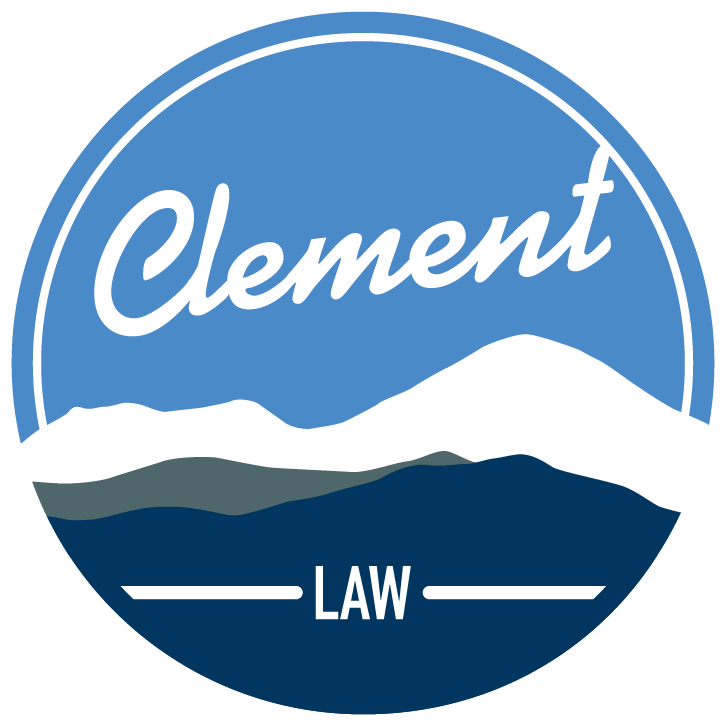The term “estate planning” is often misunderstood. For many people, the word “estate” conjures up mansions and lands owned by wealthy families (think Downton Abbey or Asheville’s own Biltmore Estate). In simplest legal terms though, your estate is the sum total of all the assets (including money and property) that you own at the time of your death. Whether you own a stately home in Biltmore Forest or a trailer in Leicester—you have an estate. In part, estate planning involves making decisions during your life about what you want done with your money, property, and other assets after you are gone.
Read MoreYou have a will and other estate planning documents. You have stored these documents in a safe location, and your executor knows where they are and how to access them. If this is you, you are to be congratulated for taking care of your family by being prepared. But, there may be a little more work for you to do to make sure that your affairs are handled the way you want them to be.
Read MoreNorth Carolina is one of many states that gives married couples an elective share of a deceased spouse’s estate. This means that even if you have written your spouse out of your will, he or she can still apply to receive a certain share of your estate after your death. The rules on how this share is calculated changed dramatically on October 1, 2013. The new rule applies to everyone with a death date of 10/1/2013 and after, regardless of when the marriage occurred.
Read More
Trusts can be an effective estate-planning tool, if they are used properly. There are many specialty trusts designed to meet specific needs: Special Needs Trusts, Education Trusts, Travel Trusts, Pet Trusts
Read More




